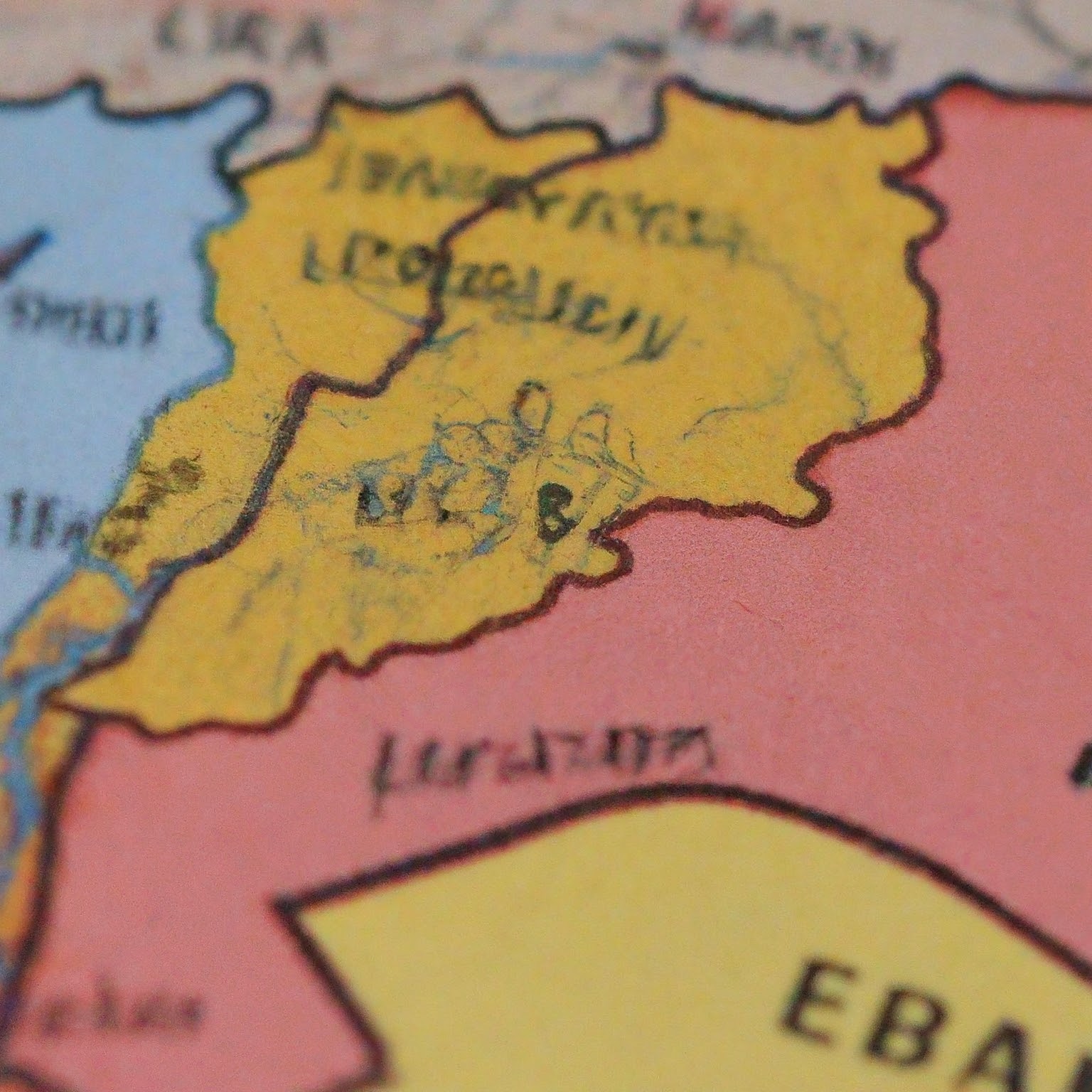Lebanon, a small Mediterranean nation with a rich history, is often referred to as the “Paris of the Middle East.” Known for its stunning natural beauty, vibrant culture, and diverse population, Lebanon has captivated the world for centuries. This article delves deep into the heart of this captivating country, exploring its history, culture, economy, and the significance of its country code LB.
A Historica

A Historical Tapestry
Lebanon’s history is a rich tapestry woven with threads of Phoenician trade, Roman rule, Arab conquest, and Ottoman empire. The country’s strategic location at the crossroads of Europe, Asia, and Africa has made it a coveted territory throughout history. The Phoenicians, renowned seafarers and traders, established powerful city-states along the Lebanese coast, leaving an enduring legacy in maritime and commercial pursuits.
The Roman Empire conquered Lebanon in the first century BC, bringing with it a period of relative peace and prosperity. Roman influence is evident in the country’s architectural heritage, most notably in the impressive ruins of Baalbek. The Arab conquest in the 7th century AD marked a new chapter in Lebanon’s history, introducing Islam and Arabic language to the region.
Ottoman rule, which lasted for nearly four centuries, had a profound impact on Lebanese society and culture. The Maronite Christian community, which had emerged during the Byzantine era, gained strength during this period. The Lebanese people’s resilience and determination to preserve their identity became increasingly apparent during the Ottoman era.
The Birth of a Modern Nation
Lebanon gained independence from France in 1943. The country adopted a unique political system based on power-sharing among its diverse religious communities, a system that aimed to ensure stability and coexistence. However, the delicate balance of power was disrupted by the 1975-1990 civil war, which inflicted deep wounds on the nation.
The end of the civil war marked a new era for Lebanon. The country embarked on a process of reconstruction and reconciliation. Beirut, once known as the “Paris of the Middle East,” began to regain its former glory as a vibrant cultural and economic hub. While challenges persist, Lebanon has demonstrated remarkable resilience and a strong will to rebuild.
The Beauty of Lebanon
Lebanon is blessed with stunning natural beauty. The majestic Lebanon Mountains, covered in snow during winter and adorned with lush greenery in spring and summer, offer breathtaking landscapes. The Mediterranean coast, with its pristine beaches and charming coastal towns, is a major tourist attraction.
Beirut, the capital city, is a dynamic metropolis that blends ancient history with modern architecture. The city’s vibrant nightlife, world-class restaurants, and thriving arts scene make it a must-visit destination. Other notable cities include Byblos, one of the world’s oldest continuously inhabited cities, and Tripoli, a historic port city with a rich cultural heritage.
The Significance of Country Code LB
The country code LB is a unique identifier assigned to Lebanon by the International Telecommunication Union (ITU). It is used in various communication systems, including telephone numbers, internet domain names, and ISO standards.
The country code LB is essential for international calling to Lebanon. To make a call to Lebanon, you need to dial the exit code of your country, followed by the country code LB (961) and the recipient’s phone number. For example, to call a number in Lebanon from the United States, you would dial 011 + 961 + the phone number.
The country code LB also plays a crucial role in internet connectivity. The top-level domain (TLD) for Lebanon is .lb, which is used for websites and email addresses within the country.
The Lebanese Economy
Lebanon’s economy has faced significant challenges in recent years, including the global economic downturn, the Syrian refugee crisis, and political instability. However, the country has a resilient spirit and a strong entrepreneurial culture.
The service sector, particularly banking, tourism, and telecommunications, is the backbone of the Lebanese economy. The country has a well-developed banking system and is a regional financial center. Tourism is a vital source of income, with visitors drawn to Lebanon’s rich history, stunning natural beauty, and vibrant culture.
Agriculture, while contributing a smaller percentage to the GDP, remains an important sector, with Lebanon renowned for its high-quality olive oil, wine, and fruits. The country also has a growing industrial sector, producing a variety of goods, including textiles, food processing, and pharmaceuticals.
Challenges and Opportunities
Lebanon faces numerous challenges, including economic instability, political polarization, and the ongoing refugee crisis. However, the country also presents significant opportunities for investors and entrepreneurs. The young and educated population, coupled with the country’s strategic location, make it an attractive market for businesses.
The Lebanese government has implemented reforms aimed at boosting economic growth and improving the business environment. These efforts, combined with the resilience of the Lebanese people, offer hope for a brighter future.
Conclusion
Lebanon is a country of contrasts, with a rich history, stunning natural beauty, and a vibrant culture. The country code LB is a symbol of Lebanon’s identity in the global communications landscape. Despite the challenges it faces, Lebanon continues to captivate the world with its resilience, determination, and unwavering spirit.